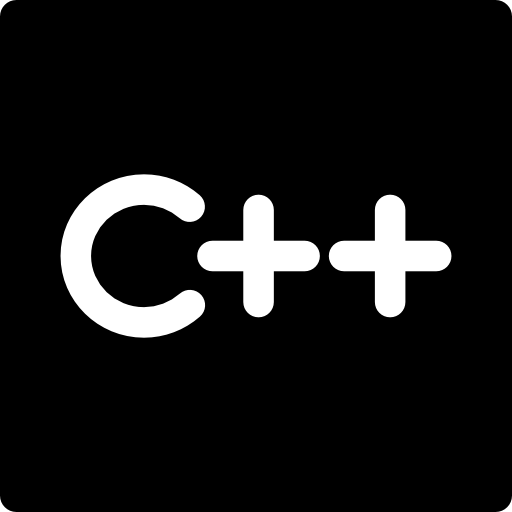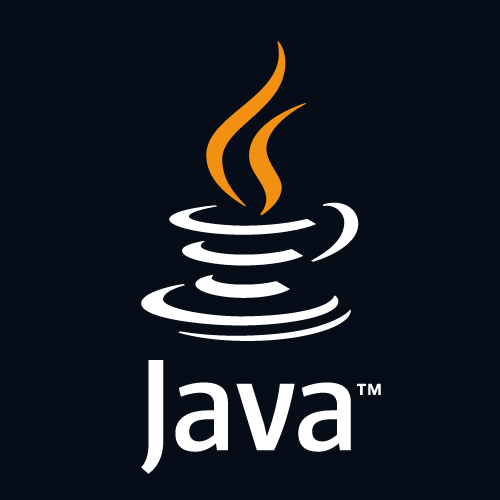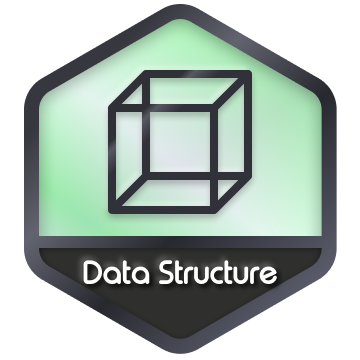OUR SUBJECTS
HELPS US IN IMPROVE OUR TECHNICAL AND MANAGEMENT SKILLS

C++
C++ is a powerful and widely used programming language that extends the capabilities of C with features like object-oriented programming, templates, and a rich standard library, enabling developers to create robust and efficient software solutions.

JAVA
Java is a versatile and platform-independent programming language known for its simplicity, scalability, and robustness. With its rich ecosystem and wide adoption, Java empowers developers to build secure and high-performance applications for a variety of domains, from desktop to web and mobile.

DATA STRUCTURES
Data structures are the building blocks of efficient algorithms. They provide a systematic way to organize and store data, enabling optimized operations like searching, sorting, and manipulating information. Understanding and utilizing the right data structures is key to unlocking the potential of algorithms and solving complex problems effectively.

INTRODUCTION TO BUSINESS
Introduction to Business provides a comprehensive foundation for understanding the world of commerce and entrepreneurship. From the fundamental concepts of economics to the intricacies of marketing, finance, and management, this course equips students with the knowledge and skills to navigate the dynamic landscape of the business world and pursue success in a variety of industries.
ECONOMICS
Economics is the fascinating study of how individuals, businesses, and societies make choices in a world of limited resources. Exploring topics like supply and demand, market behavior, economic systems, and policy analysis, economics provides valuable insights into understanding and improving the allocation and distribution of resources

QUANTITATIVE TECHNIQUES FOR MANAGEMENT
Quantitative Techniques for Management (QTM) is a vital discipline that equips professionals with the skills to analyze complex business problems using mathematical and statistical tools. By leveraging quantitative methods such as data analysis, forecasting, optimization, and decision modeling, QTM enables effective decision-making, strategic planning, and resource allocation
PHYSICS
Physics, the fundamental science of nature, unveils the mysteries of the universe and offers profound insights into how the world works. From the microscopic realm of atoms to the vast expanse of galaxies, physics explores the laws governing matter, energy, and forces. By studying physics, we delve into the intricacies of motion, electricity, magnetism, quantum mechanics, and relativity, expanding our understanding of the natura l phenomena that shape our existence. Physics not only fuels technological advancements but also nurtures critical thinking, problem-solving, and a deep appreciation for the wonders of the cosmos.

DISCRETE MATHEMATICS
Discrete Mathematics is a fascinating branch of mathematics that deals with discrete structures and objects, focusing on concepts that are countable and distinct. It provides the theoretical foundation for solving real-world problems in computer science, cryptography, logic, and combinatorics. Discrete mathematics explores topics such as set theory, graph theory, combinatorial algorithms, logic, and proof techniques.
COMPUTER GRAPHICS
Computer Graphics is an exciting field that combines art, technology, and mathematics to create visually captivating digital imagery and interactive experiences. Through the use of algorithms, modeling techniques, and rendering technologies, computer graphics enables the creation of stunning visual effects, realistic simulations, and immersive virtual worlds.